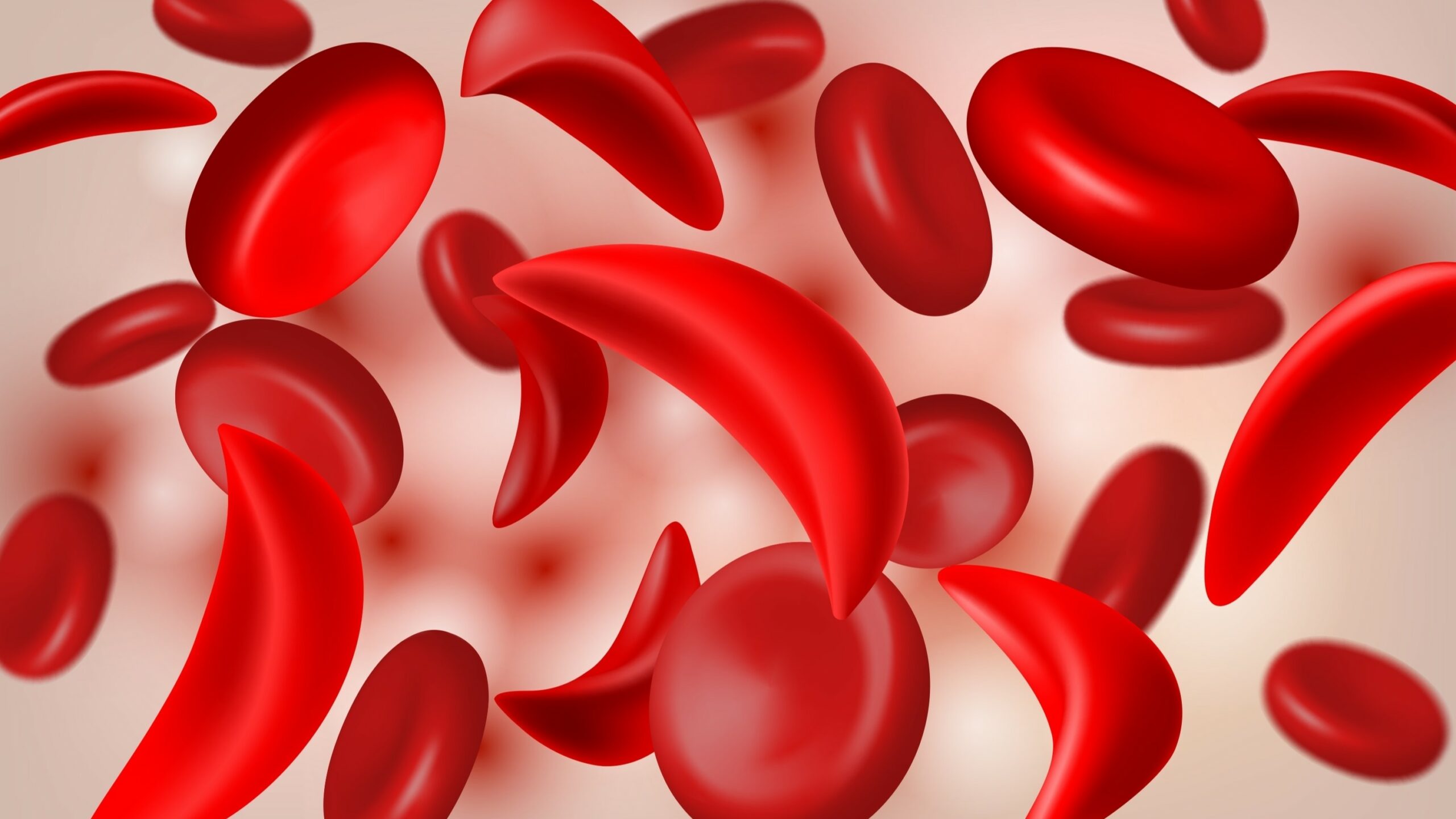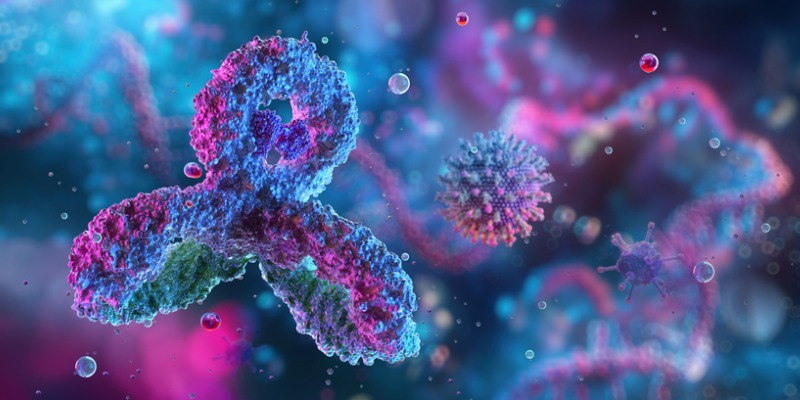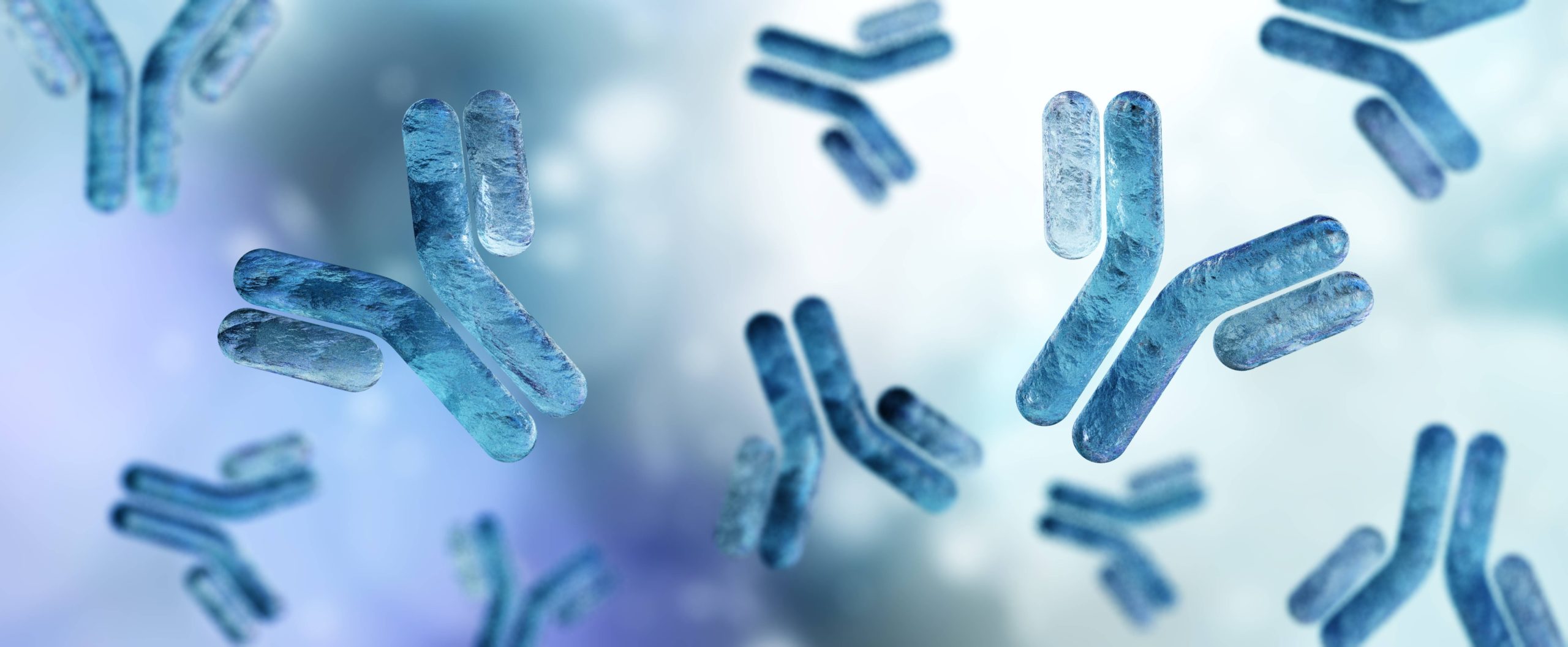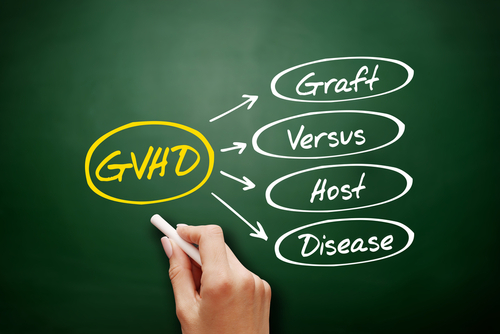ASH Bridge Grant Expands Award Eligibility to Advance Hematology Research
By Ivan Maillard, MD, PhD, Rinku Majumder, PhD, Andrew Moreno - Last Updated: April 8, 2025Ivan Maillard, MD, PhD, is a leukemia specialist and the current chair of the Awards Committee at the American Society of Hematology (ASH). Heme Today spoke with him about the Society’s Bridge Grant program.
Launched in 2012, the Bridge Grant financially supports the research of established hematologists across the U.S. whose work has the potential to directly benefit patients. ASH has recently expanded the eligibility criteria for receiving this award, continues to contribute significant funds to this program, and is spreading awareness of this funding opportunity available to hematology researchers.
“It’s an important program. It will help bring more important research to the bedside, potentially generate more new therapies for our patients. And if there is interest to support it, we certainly welcome donations to the ASH Foundation to support the program as a whole,” said Dr. Maillard.
To gain more insight into the impact of the Bridge Grant program, Heme Today also spoke with prior awardee Rinku Majumder, PhD, professor at Louisiana State University Health Science Center, New Orleans.
Dr. Majumder’s research work in coagulation has spanned 24 years and her lab currently is heavily pursuing clinical investigation of protein S. This work has treatment implications for thrombosis, hemophilia, and hypercoagulability, along with pancreatic cancer. Having received the Bridge Grant in 2019, Dr. Majumder described how the award was indispensable to her lab’s continued work in between grants from the NIH.
“It was a lifesaver. It provided the crucial funding necessary to retain my postdoctoral fellow and technician, allow us to get the key data for RO1 division and then finally we got our RO1 in 2020 after this ASH grant finished. This was the main thing that helped me to sustain my lab and keep my research team employed,” Dr. Majumder elaborated.
Amid the current scarcity in the funding environment, Dr. Majumder encourages her colleagues to seek out the ASH Bridge Grant, as well as other research funding support initiatives being offered by hematology professional organizations.
“My request to all of them is keep your nerves, continue your research, and apply for this grant. This will definitely help you to sustain your research careers as it did to me,” Dr. Majumder concluded.







 © 2025 Mashup Media, LLC, a Formedics Property. All Rights Reserved.
© 2025 Mashup Media, LLC, a Formedics Property. All Rights Reserved.